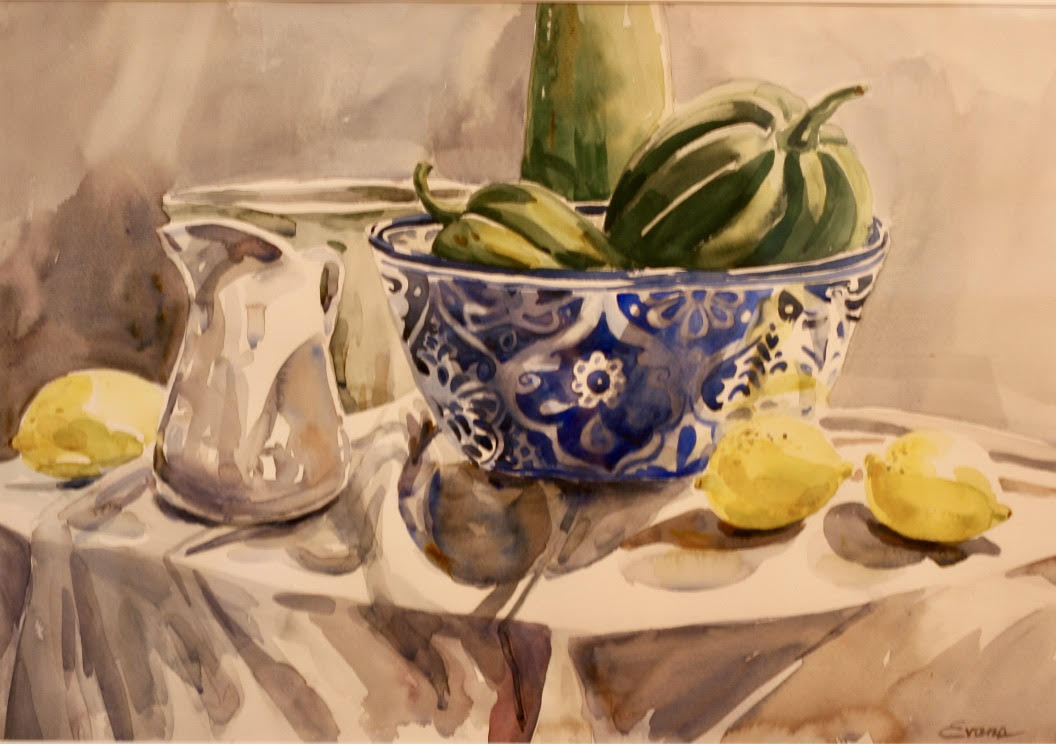“…if by great good fortune, one avoided being shot, the probability of death by starvation was increasing daily. I can attest that the second prospect is a thousand times more unpleasant than the first. Starvation is something too appalling to understand for anyone who has never gone hungry. Not one of all the purveyors of dogma and social reform understands or appreciates the morally destructive force of starvation.” Karolina Lanckoronska, Michelangelo in Ravensbruck: One Woman’s War against the Nazis, p. 136.
From 1939 to 1945, Karolina Lanckoronska, a Polish Contessa, university professor of history, and anti-Nazi activist, found herself in prisons, then in Germany’s Ravensbruck Concentration Camp. Harrowing truths of her time there fill her memoir–torture, beatings, shootings, hangings, gassing; grotesque medical experiments leading to death; days in dungeons without light, water, or food; skeletal women starving to death. Once, observing a Ukrainian prisoner being given a potato for cleaning the Gestapo dining hall, Karolina felt “a deep-seated hatred and jealousy” rise within her “that she, not I, should have the potato.” She added: “I even hated the cook who while doling out soup (that is to say water with a sprinkling of potato flour) to a Polish woman, chanced to find in the ladle a scrap of cabbage or a stray potato peeling and at once threw it back in the cauldron. Such tidbits were for Ukrainians only.” Horrified at her own reaction, Karolina–a caring and religious person–later shared her concern with a respected fellow prisoner who assured her that “no hungry person is devoid of such feelings.” Karolina ends this paragraph with these words: “We are none of us truly kind-hearted.”
On another occasion she dared ask her SS guard to let the potato peelings (which the prisoners on kitchen labor peeled themselves) be added to the watery cauldron. She was told this could not be allowed as “the peelings are for the pigs.”
Each of the three books–some 1,500 pages–I’ve read recently include descriptions of the terrible hunger and starvation millions of innocent people endured under Hitler’s Third Reich and in Russian gulags, nor was food much more readily available for those un-interned throughout Europe, from the 1920s though the 1950s.
Starvation alters people. Animal instincts replace morality. And starvation alters society. It comes of weak economies and poor government.
Because we are not starving, we take food for granted. We waste it unthinkingly. Foolishly. Today the United States wastes 119 billion pounds of food or 40% of all our food. Who is doing this wasting and why? How insane! 34 million Americans, many of them children, face hunger on a daily basis. What can we each do about this?
The old adage “Waste not, want not” is thought to have been around since the 1700s or earlier. A good proverb. One we might practice when we think about food.
Those of us who love gourmet meals graciously prepared and beautifully served should equally care about using and sharing every bit of food we have, not wasting so much as a scrap of celery or shred of parsley.
Food demands thought. Purchase it wisely. Buy only what you need and will actually eat. Share it. Donate it. Grow it. Appreciate it. Use it without wasting a speck. Be grateful for food every day.
Artwork: Blue and White, watercolor, 29″ x 22″ framed, $875. Fruit, vegetables, kitchen bowls and pitchers often find their way into my paintings. I love doing still life set-ups. When I used to teach 6 different courses at my Shawnee Falls Studio I frequently set up a still life for my students, and after class ended I’d paint it myself. This is one of my favorite watercolors.
